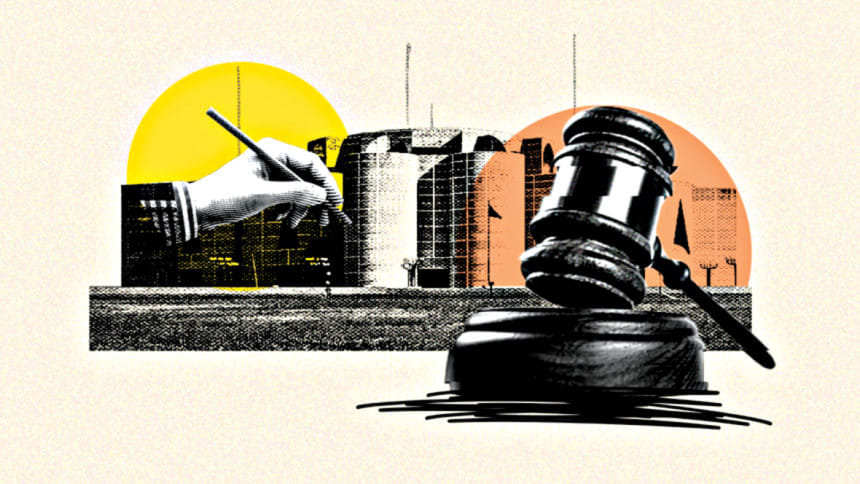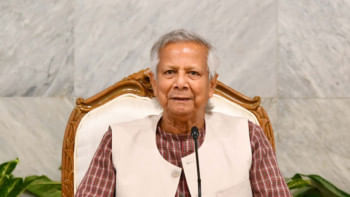Experts call for concrete steps to implement reform commission reports

Experts and political analysts have urged the interim government to take concrete steps toward implementing key recommendations from the National Reform Commissions, warning that failure to do so could undermine public trust in the country's political transformation.
In a roundtable discussion titled, "From Recommendations to Reality: Reassessing the Commission Reports," organised by the Dhaka Institute of Research and Analytics (Daira) on Thursday, leading academics, policymakers, and activists explored the feasibility of institutional reforms proposed by five commissions—Constitution Reform, Electoral Reform, Judicial Reform, Public Administration Reform, and Police Reform.
Opening the discussion, Fariha Ahmed, research assistant at Daira, emphasised the importance of democratic participation and accountability in shaping Bangladesh's political future. She cautioned that while the commissions' proposals outline necessary reforms, skepticism remains over their implementation, transparency, and protection from political interference.
Moderating the session, Professor Asif Shahan of the Dhaka University explained the need for a political settlement that ensures fundamental rights while redistributing power more equitably.
On constitutional rights, Mirza M Hassan pointed out the gap between "equality of opportunity" and "equality of outcome," arguing that formal protections alone cannot secure justice in a society where structural inequalities persist.
Mohammad Khaled Saifullah, joint convener of the National Citizen Party, called for an unrestricted right to life while warning that partisan hostility and hate speech should not be treated as protected free speech. He also proposed adopting South Africa's "transformative equality" model to better safeguard women's rights.
Ganosamhati Andolon Chief Coordinator Junaid Saki stressed that political preparedness is essential for meaningful rights reforms. He warned that unrealistic commission proposals may fail to deliver lasting institutional change.
Advocate Shishir Monir expressed concerns over restrictions on fundamental rights under Articles 26-47 of the Constitution, arguing that the government should not have unilateral authority to curtail freedoms of speech, association, or property.
The discussion also explored the potential establishment of an Upper Chamber in Bangladesh's Parliament, with BDJobs.com Managing Director AKM Fahim Mashroor noting that while the idea is not immediately viable, it could contribute to democratic stability in the future.
Electoral Reform Commission Head Badiul Alam Majumdar advocated for a mixed electoral system with proportional representation (PR), arguing that this would encourage political dialogue rather than enabling unilateral majorities.
However, Amar Bangladesh Party's Joint Secretary General Nasrin Sultana Mili countered that Bangladesh is not yet prepared for an Upper House and suggested reserving 100 PR-based seats in the Lower House for women.
Also present in the discussion were Advocate Sharif Bhuiyan and political activist Syed Hasibuddin Hossain, who reiterated the need for strong political will to translate commission recommendations into actionable reforms.
As Bangladesh navigates its post-uprising transition, participants underscored that discussions on constitutional and judicial reform must be followed by decisive steps toward implementation.

 For all latest news, follow The Daily Star's Google News channel.
For all latest news, follow The Daily Star's Google News channel. 



Comments